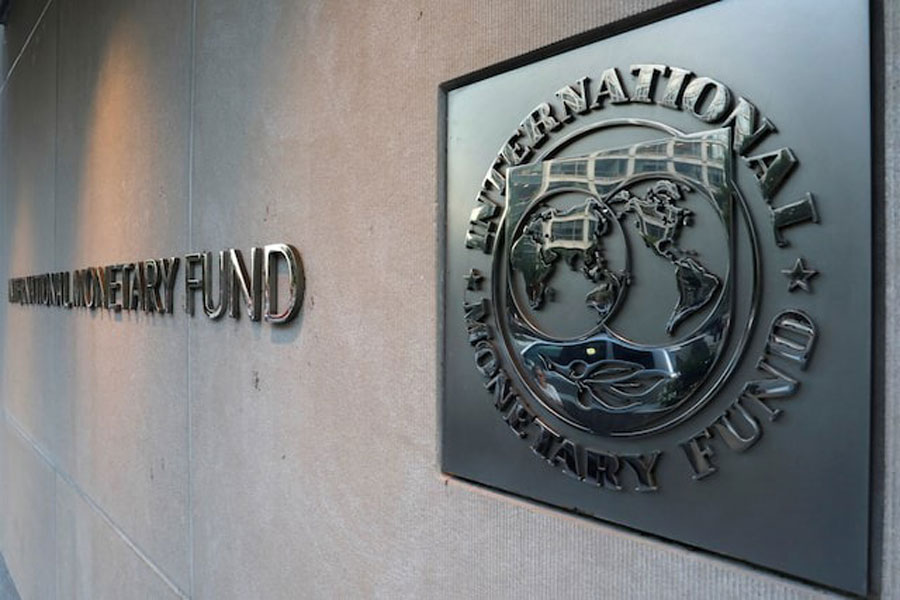
Published :
Updated :

Poland must prioritise curbing the rapid increase in its public debt, the International Monetary Fund said on Monday, adding that it sees rising fiscal vulnerabilities over the medium term.
Strong growth in central Europe's largest economy, driven by wage gains and loose fiscal policy, has come partly at the expense of a sharply worse fiscal position, the IMF said, with Poland running one of the highest budget deficits in Europe.
"Staff now assesses Poland's risk of sovereign debt stress to be at medium compared to low in our previous assessment," the IMF said in a statement.
It said a widening in Poland's deficit was largely due to a surge in expenditure, which was now on a par with levels in advanced European economies, while revenues remained closer to those of peers in Central and Eastern Europe.
It said Poland's economic outlook was strong, with growth likely accelerating to 3.4 per cent next year from the 3.2 per cent expected in 2025, driven by faster EU-funded investments. Even so, the deficit would ease only marginally amid political gridlock.
"We see rising fiscal vulnerabilities over the medium term, despite a relatively strong growth outlook," the IMF said.
"Arresting the rapid rise in public debt should be a priority. Specifically, we recommend a cumulative fiscal adjustment of 4 per cent of GDP by 2030, which is 2 per cent of GDP more than in our baseline projection."
It said the recommended fiscal path would bring the medium-term deficit to 3 per cent of output and stabilise public debt at what it called a "relatively high" 70 per cent of gross domestic product.
The IMF also said that, after rate cuts worth 150 basis points this year, Poland's central bank should consider slowing the pace of monetary easing.
"We would advocate a wait-and-see approach to allow time to observe incoming data and seeing sustained disinflation towards the target. If core inflation continues to moderate, further easing might be possible."


 For all latest news, follow The Financial Express Google News channel.
For all latest news, follow The Financial Express Google News channel.